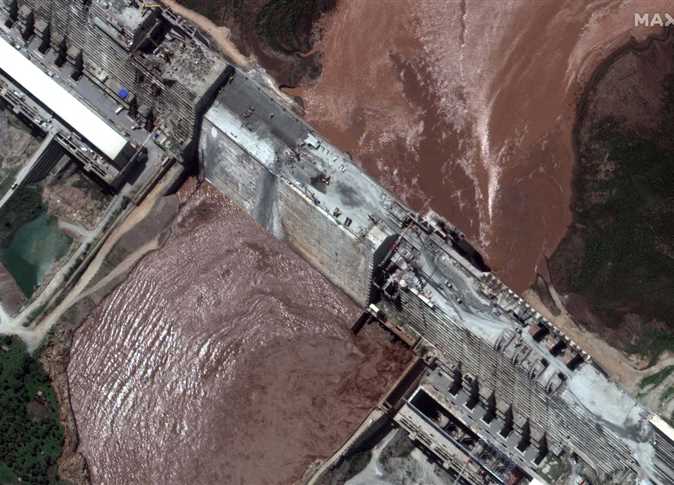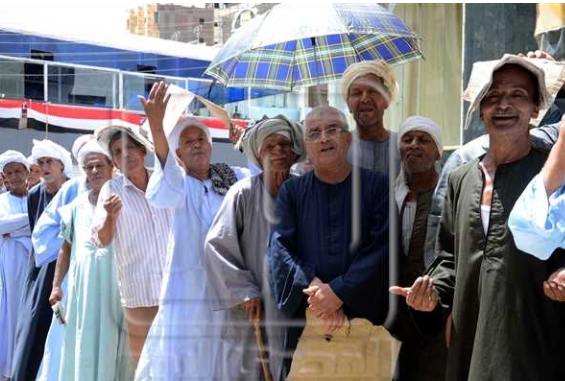
Professor of Geology and Water Resources at Cairo University Abbas Sharaky warned that the Grand Ethiopian Renaissance Dam (GERD) has clearly harmed Egypt’s share of Nile River water over the past five years, during which Ethiopia filled the reservoir of the dam.
Sharaky explained in a post on his Facebook page: “The damage is clear, with approximately 90 billion cubic meters being held back over five years, including 60 billion cubic meters stored in the lake, in addition to the loss of approximately 20-30 billion cubic meters due to evaporation and seepage into the ground.”
He noted that Egyptian Foreign Minister Badr Abdelatty has reiterated Egypt’s right to legitimately defend itself and its water interests if any harm occurs.
“What is meant here is that in the event of serious harm to citizens, the government cannot prevent it from reaching them, and this does not mean, as some understand, that Egypt has not been harmed by the GERD so far,” he explained.
The state has been able to provide sufficient quantities of water thanks to the High Dam and some measures and projects that cost the general budget more than LE 500 billion during the years of filling the GERD, the expert said.
Sharaky pointed out that these projects include agricultural wastewater treatment plants, limiting the area for rice cultivation, developing field irrigation, lining canals, replacing agricultural varieties with water-saving ones, and a 100,000-acre greenhouse project, among others.
He added that Egypt has always emphasized that it is not against development in any country, especially the Nile headwaters, provided it does not harm others.
Sharaky explained that there is clear cooperation with Sudan, South Sudan, Uganda, the Democratic Republic of the Congo, and Tanzania on various projects, most notably the construction of the Julius Nyerere Dam in Tanzania.
Hope for an agreement
The expert explained that the door is still open to reach a binding legal agreement that sets rules for the recurrent filling and operation of the GERD – especially after the completion of the initial five-year filling, which was a major point of contention in previous negotiations over the filling period, and it is preferable for this agreement to be reached before the official opening.
In response to Ethiopia’s statements regarding the opening of the GERD in September and Egypt’s invitation to attend the ceremony, Sharaky said that Egypt can only attend the opening if an agreement is reached.
“Anything other than that, the invitation to attend constitutes a disdain and provocation to Egypt and Sudan, and the Foreign Minister described it as absurd. Egypt also strongly rejects any future Ethiopian announcement to construct additional dams on the Nile River through unilateral decisions.”




